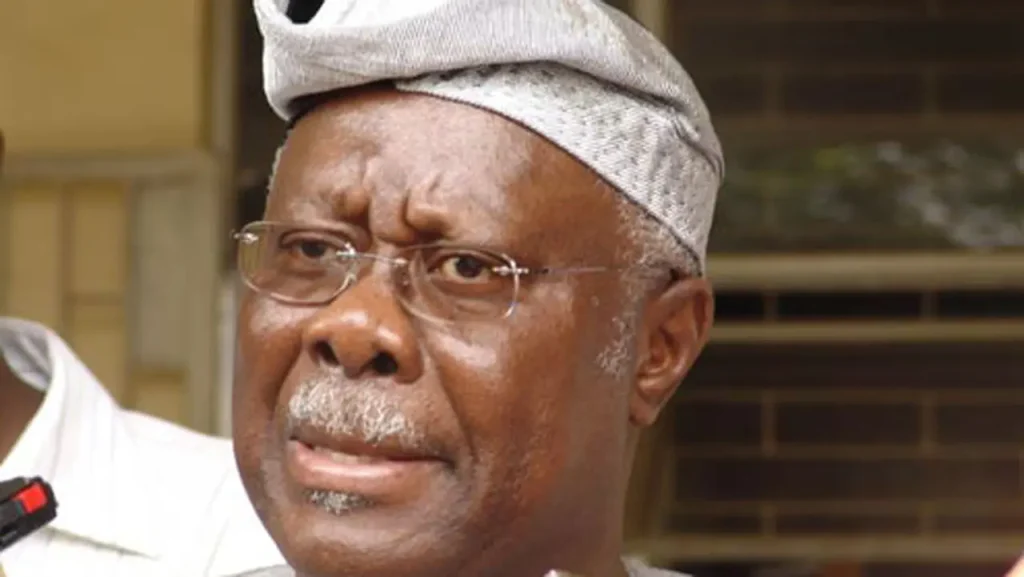The economic ties between China and Africa are growing stronger, thanks in part to the efforts of young African entrepreneurs who have found success in the Asian giant. Khalifa A. Sy Diop, for instance, has made a name for himself in the Hunan province, where he founded the Mali Business Center in 2024. The center aims to mentor both Chinese and Malian businesses, fostering cooperation and growth between the two nations.
Diop’s vision is not limited to his own country or company. “No matter how big a company grows, it can only solve problems for a limited group of people. But engaging in projects and industrialization can benefit an entire nation’s future,” he said. His dedication to the collaboration between Hunan and Africa is unwavering, and he plans to continue playing his part in the years to come. “Success doesn’t need to bear my name. I’ll keep doing my part in collaboration between Hunan and Africa, now and in the future.”
China has been Africa’s largest trading partner for the past 15 years, with Africa exporting $170 billion worth of goods to China in 2023. The country has also implemented favorable regulations to attract international business hopefuls, including specific entrepreneurship visas. These visas have been a game-changer for entrepreneurs like Odjo Rachald, who graduated from Central South University in Changsha in 2024 and launched his start-up in the city.
Thanks to the visa policy, Rachald can easily register his company and expand his projects. “That’s been the biggest help. Now expanding any project I want to work on is convenient,” he said. His firm exports Chinese engineering machinery, hardware, and solar products to Africa, while importing premium cashews, palm oil, and coffee to China. This bilateral trade is a testament to the mutual benefits of the China-Africa partnership.
Aboubacar Garba Konte, head of the Mali Project Incubator at the China-Africa Youth Innovation and Entrepreneurship base, echoed this sentiment. “Africa has everything China needs, and China has everything Africa needs,” he said. Konte’s incubator has already signed two strategic contracts, one in solar energy and the other in agricultural drones, aimed at promoting knowledge sharing and technology transfer between Chinese and African youths.
The fourth China-Africa Economic and Trade Expo, held last week, celebrated the growing cooperation between the two nations. China announced its plans to remove tariffs on African imports, a move expected to boost trade. Chinese President Xi Jinping also pledged $50 billion to Africa over the next three years, further solidifying the country’s commitment to the partnership.
As the economic ties between China and Africa continue to strengthen, it is clear that the future of bilateral cooperation is bright. With young entrepreneurs like Diop, Rachald, and Konte at the forefront, the possibilities for growth, innovation, and mutual benefit are endless.



